JIMI HENDRIX / “Have You Ever Been (To Electric Ladyland)”
[Hendrix] slung the guitar low over swiveling hips, or raised it to pick the strings with his teeth; he thrust it between his legs and did a bump and grind, crooning: "Oh, baby, come on now, sock it to me!" Lest anybody miss his message, he looked at a girl in the front row, cried, "I want you, you, you!" and stuck his tongue out at her. —From a Time Magazine article quoted in Steve Waksman’s "Black Sound, Black Body: Jimi Hendrix, the Electric Guitar, and the Meanings of Blackness"In 1967, at the height of Jimi Hendrix’ popularity as a pop icon, the British press dubbed the young American musician ‘The Wild Man Of Pop.’ At first, Jimi did nothing to discourage that perception, in fact, he did quite a bit to encourage it.
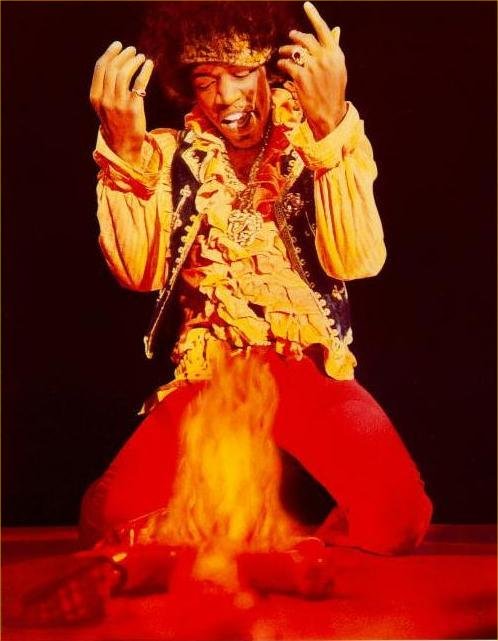 Onstage, he sometimes smashed and even burned his guitar; he performed solos with one hand or with his teeth; and he played up his notoriety as a well-endowed and prolific lover by pausing from playing to rub, lick and thrust his guitar at breathless female fans. Offstage, Jimi seemed just as intent to act out his image as he did while onstage. He was arrested on drug charges (which he beat by claiming that the drugs weren’t his) and he was arrested again after he destroyed a hotel room in a drunken rage. Jimi was also one of the most obsessively flamboyant dressers of his time, known not just for his colorful clothes, but also for his huge, half-permed Afro. (One very funny, possibly even true, story is that Jimi refused to travel any where without his trusty plug-in hair curler.)
Eventually though, the wild-man act grew stale. Not to the public—they still wanted the guitar burning, the flamboyant feeback-laden solos and, most of all, the hit songs. But for Jimi, the image—the same one that he’d so gleefully taken part in creating—had become a trap. He was developing as an artist and he wanted to play what he felt. Increasingly, he was feeling other styles of music, including blues, R&B, jazz and more progressive styles of rock. But concert-goers still want to hear the three-minute pop tunes that had made Jimi famous. When audiences insisted that he perform old hits like “Fire,” “Foxy Lady,” or “Purple Haze,” Jimi would either ignore the requests or he’d introduce those songs as ‘oldies’ or ‘dinosaurs’ and then speed through them with obvious disinterest.
Forty years later, Jimi’s ‘wild-man’ image persists. Mention Jimi Hendrix to the average music fan and the first thing they think of will probably be a very, very loud electric guitar. But Jimi’s catalog belies his reputation. Along with all of his famously loud moments, Jimi wrote and recorded many quiet, elegant records. It’s the latter group of songs that I return to most often when listening to Jimi. Listen to some of his calmer, more introspective recordings and it becomes obvious that Jimi wasn’t just the wild-man he was portrayed as (and at first, portrayed himself as). He was also a sensitive, thoughtful artist capable of both poetry and subtlety.
Onstage, he sometimes smashed and even burned his guitar; he performed solos with one hand or with his teeth; and he played up his notoriety as a well-endowed and prolific lover by pausing from playing to rub, lick and thrust his guitar at breathless female fans. Offstage, Jimi seemed just as intent to act out his image as he did while onstage. He was arrested on drug charges (which he beat by claiming that the drugs weren’t his) and he was arrested again after he destroyed a hotel room in a drunken rage. Jimi was also one of the most obsessively flamboyant dressers of his time, known not just for his colorful clothes, but also for his huge, half-permed Afro. (One very funny, possibly even true, story is that Jimi refused to travel any where without his trusty plug-in hair curler.)
Eventually though, the wild-man act grew stale. Not to the public—they still wanted the guitar burning, the flamboyant feeback-laden solos and, most of all, the hit songs. But for Jimi, the image—the same one that he’d so gleefully taken part in creating—had become a trap. He was developing as an artist and he wanted to play what he felt. Increasingly, he was feeling other styles of music, including blues, R&B, jazz and more progressive styles of rock. But concert-goers still want to hear the three-minute pop tunes that had made Jimi famous. When audiences insisted that he perform old hits like “Fire,” “Foxy Lady,” or “Purple Haze,” Jimi would either ignore the requests or he’d introduce those songs as ‘oldies’ or ‘dinosaurs’ and then speed through them with obvious disinterest.
Forty years later, Jimi’s ‘wild-man’ image persists. Mention Jimi Hendrix to the average music fan and the first thing they think of will probably be a very, very loud electric guitar. But Jimi’s catalog belies his reputation. Along with all of his famously loud moments, Jimi wrote and recorded many quiet, elegant records. It’s the latter group of songs that I return to most often when listening to Jimi. Listen to some of his calmer, more introspective recordings and it becomes obvious that Jimi wasn’t just the wild-man he was portrayed as (and at first, portrayed himself as). He was also a sensitive, thoughtful artist capable of both poetry and subtlety.
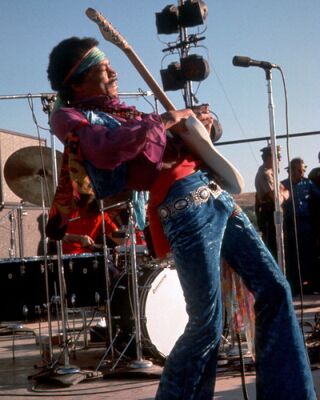 Exhibit 1: “Up From The Skies” – from Axis: Bold As Love (Reprise - 1967)
Mitch Mitchell’s smooth, jazzy drumwork (I think he’s using brushes instead of sticks) make this a great opening song for a mellow Hendrix mix. Lyrically, “Up From The Skies” concerns a long-ago Earth dweller who, upon his return, discovers “families living in cages tall and cold,” “the stars misplaced” and “the smell of a world that’s burned.” Commentary from an extra-terrestrial or supernatural visitor was a repeated theme of Jimi’s music.
Exhibit 1: “Up From The Skies” – from Axis: Bold As Love (Reprise - 1967)
Mitch Mitchell’s smooth, jazzy drumwork (I think he’s using brushes instead of sticks) make this a great opening song for a mellow Hendrix mix. Lyrically, “Up From The Skies” concerns a long-ago Earth dweller who, upon his return, discovers “families living in cages tall and cold,” “the stars misplaced” and “the smell of a world that’s burned.” Commentary from an extra-terrestrial or supernatural visitor was a repeated theme of Jimi’s music.
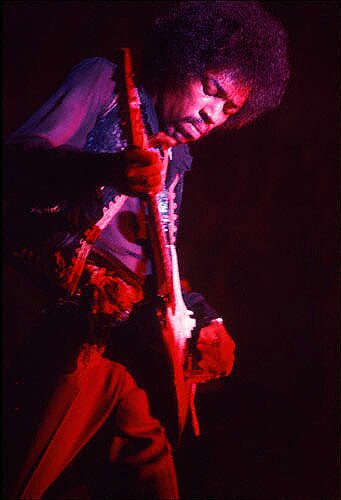 Exhibit 2: “Third Stone From The Sun” – from Are You Experienced (Reprise - 1967)
Let’s stay with both themes. “Third Stone” features both a jazzy swing-type groove and an outer-stellar theme. This song is a lot more playful than “Up From The Skies” though. Jimi plays a space traveler attracted to “the third stone from the star called the sun” because of its “beautiful grass of green” and “majestic silver seas” as well as its reputation for “some form of intelligent species.” Upon arriving though, the traveler finds himself disinterested in Earth’s people but fascinated by our “superior cackling hen.” Somewhere there has to be outtakes of this one with Jimi laughing through the whole thing.
Exhibit 2: “Third Stone From The Sun” – from Are You Experienced (Reprise - 1967)
Let’s stay with both themes. “Third Stone” features both a jazzy swing-type groove and an outer-stellar theme. This song is a lot more playful than “Up From The Skies” though. Jimi plays a space traveler attracted to “the third stone from the star called the sun” because of its “beautiful grass of green” and “majestic silver seas” as well as its reputation for “some form of intelligent species.” Upon arriving though, the traveler finds himself disinterested in Earth’s people but fascinated by our “superior cackling hen.” Somewhere there has to be outtakes of this one with Jimi laughing through the whole thing.
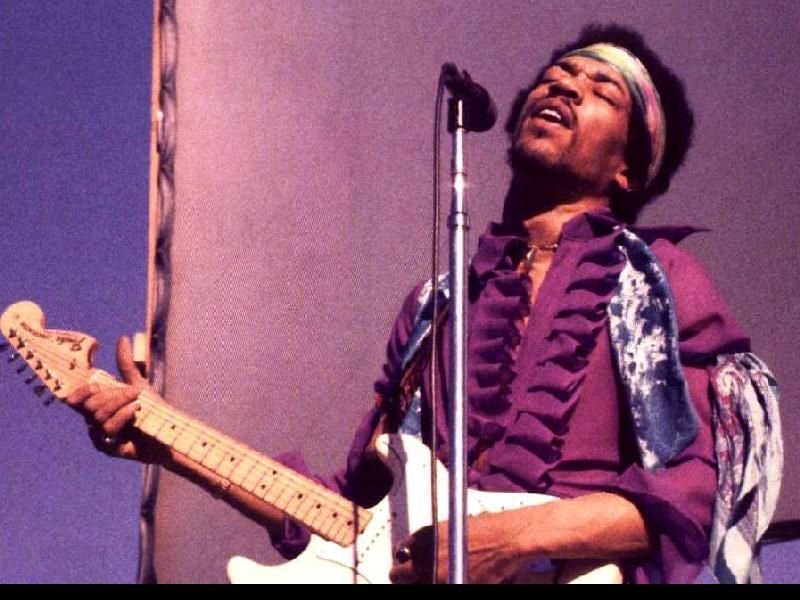 Exhibit 3: “Have You Ever Been (To Electric Ladyland)” – From Electric Ladyland (Reprise - 1968)
The (almost) title track from Jimi’s third and final studio album. (During his brief career as a headliner, Jimi only recorded four official albums, the fourth is the live album Band Of Gypsys.) Every time I hear this song, I think of Earth, Wind & Fire. In addition to all his other talents, Jimi actually had a workable soul falsetto.
Exhibit 3: “Have You Ever Been (To Electric Ladyland)” – From Electric Ladyland (Reprise - 1968)
The (almost) title track from Jimi’s third and final studio album. (During his brief career as a headliner, Jimi only recorded four official albums, the fourth is the live album Band Of Gypsys.) Every time I hear this song, I think of Earth, Wind & Fire. In addition to all his other talents, Jimi actually had a workable soul falsetto.
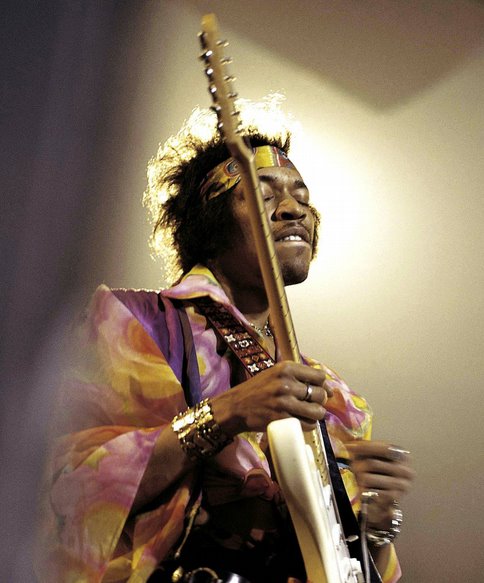 Exhibit 4: “Little Wing” – From Axis: Bold As Love (Reprise - 1967)
Hendrix’ most famous mellow moment. It’s a song that expresses sentiments so gentle and pretty (“when I’m sad she comes to me / with a thousand smiles she gives to me free”) that several former girlfriends later claimed the song was written just for them. And given Jimi’s reputation, he may well have led each one of them to believe that it was.
Exhibit 4: “Little Wing” – From Axis: Bold As Love (Reprise - 1967)
Hendrix’ most famous mellow moment. It’s a song that expresses sentiments so gentle and pretty (“when I’m sad she comes to me / with a thousand smiles she gives to me free”) that several former girlfriends later claimed the song was written just for them. And given Jimi’s reputation, he may well have led each one of them to believe that it was.
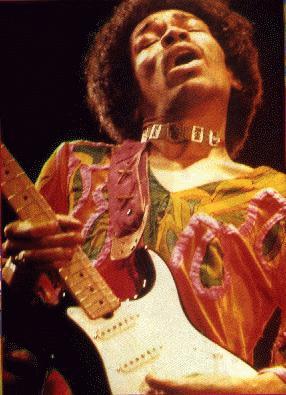 Exhibit 5: “Rainy Day, Dream Away” – From Electric Ladyland (Reprise - 1968)
A laid-back R&B shuffle number that never actually begins or ends. It just sorts of rambles in and three-plus minutes later, it meanders to a fade-out. By this time, Jimi was successful enough that he recorded when ever and however he wanted. Since he didn’t have to concern himself with the usual limits of booked studio time, he’d simply gather a bunch of friends in the studio, roll the tape, and play whatever he wanted. We’re a long, long way from “Foxy Lady.”
Exhibit 5: “Rainy Day, Dream Away” – From Electric Ladyland (Reprise - 1968)
A laid-back R&B shuffle number that never actually begins or ends. It just sorts of rambles in and three-plus minutes later, it meanders to a fade-out. By this time, Jimi was successful enough that he recorded when ever and however he wanted. Since he didn’t have to concern himself with the usual limits of booked studio time, he’d simply gather a bunch of friends in the studio, roll the tape, and play whatever he wanted. We’re a long, long way from “Foxy Lady.”
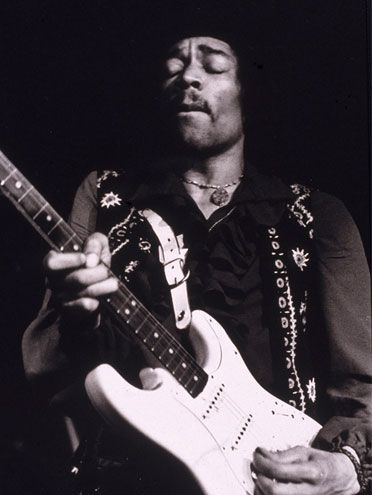 Exhibit 6: “Electric Lady Land” – From the out-of-print compilation Loose Ends (Polydor - 1973)
We’ll close with a little reprise of my all-time favorite Hendrix melody. I’m not sure when this was recorded or for what purpose, but for me, it captures everything Jimi’s mellow side is about.
Exhibit 6: “Electric Lady Land” – From the out-of-print compilation Loose Ends (Polydor - 1973)
We’ll close with a little reprise of my all-time favorite Hendrix melody. I’m not sure when this was recorded or for what purpose, but for me, it captures everything Jimi’s mellow side is about.
Angel Gumbi used to carry this poem around in her bag. Pull it out and read it at what seemed to her appropriate times. You first thought: this cute little chile is kind of spacey, but damn she fine, and her smile is right on, and her personality is like a free spirit, and I wonder if… am I really suppose to be paying attention to whatever it is she’s reading? Gumbi, what you reading? (In your lovely, high but not squeaky voice.) You like it? She would ask in the innocence of a child showing you a drawing destined for the refrigerator door with the rabbit magnet but a drawing which the child thought was worth a million dollars. You like it? Yeah, sort of. But what it mean? I like it, she would invariably respond, ignoring your question. And her liking it would usually be enough, if you were a male, to get you to say: yeah, it was nice. You wrote that? Gumbi’s name was Melinda. Melinda Duhe. But it usually took you a minute to find that out. Once you got to know her you were never surprised to learn that the poem she secreted in the inner recesses of that bag with the long straps that she dragged everywhere she went, that poem with the diamonds and underwater in it was actually Jimi Hendrix lyrics. And like many other free spirits who crossed our path, we ended up looking out for Gumbi (that is we looked out for her once it was clear that she wasn’t interested in getting intimate with any of us although she never turned you off, just sort of avoided turning you on any more than looking at her and fantasizing about her). Jimi Hendrix, huh? Yeah. And invariably somebody would say: oh, wow. And that was our feeling about Jimi: oh, wow.
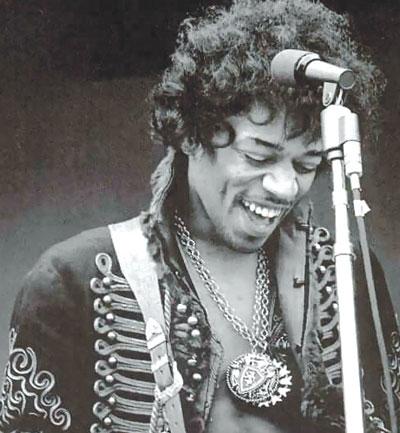 Jimi was sensitive. Even soft. Or rather, to be more precise, Jimi was brave enough to let us see all the soft (in)sides of him. The giggles and the delight he took in being non-aggressive.
I know, people often think of him in bombastic terms: burning up the stars and the spangled banner. Loud, loud rock. Wah wah and walls of sound screamed through racks of speakers ten and twenty feet high. Feedback that could rival the sound of bombs falling, or as loud as a jet cracking the sound barrier.
But there was also and always something soft about Jimi Hendrix and that soft was the sound of a man unafraid of love, a man who would rather embrace love than boast or battle about sex.
Women loved him. Gumbi carried his lyrics with her everywhere she went. Oh, wow; I guess I better check him out again.
Jimi was sensitive. Even soft. Or rather, to be more precise, Jimi was brave enough to let us see all the soft (in)sides of him. The giggles and the delight he took in being non-aggressive.
I know, people often think of him in bombastic terms: burning up the stars and the spangled banner. Loud, loud rock. Wah wah and walls of sound screamed through racks of speakers ten and twenty feet high. Feedback that could rival the sound of bombs falling, or as loud as a jet cracking the sound barrier.
But there was also and always something soft about Jimi Hendrix and that soft was the sound of a man unafraid of love, a man who would rather embrace love than boast or battle about sex.
Women loved him. Gumbi carried his lyrics with her everywhere she went. Oh, wow; I guess I better check him out again.
And when you do go into retrograde to catch up with Jimi you find beautiful statements like: “The Wind Cries Mary.” Or him alone in an apartment, picking up an acoustic guitar, clicking on the recorder, and softly singing: Angel came down…
This entry was posted on Monday, November 19th, 2007 at 2:18 am and is filed under Classic. You can follow any responses to this entry through the RSS 2.0 feed. You can leave a response, or trackback from your own site.
One Response to “JIMI HENDRIX / “Have You Ever Been (To Electric Ladyland)””
January 12th, 2009 at 11:07 pm
this is a real go look at jimi hendrix but i think its really you look at yourself and life by talk about jimi hendrix writing this helped you and me better understand people your self jimi…life. it helps to read your words and know that thats what i think to and hear how we sound to the world so congrats and keep listening and loving
Leave a Reply
| top |